Poster Exhibition | The 12th Annual Postgraduate Research Conference
Bronwyn Sherriff, PhD student in the Faculty of Health & Social Sciences with this poster entitled:
Coping with Covid-19: reflecting on the process of modifying methods midway.
Click the poster below to enlarge.
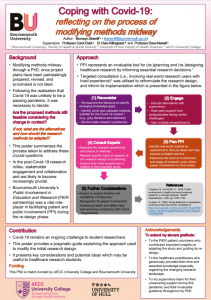
Background: Few PhD students wish to be faced with the task of adapting their research methods, especially midway, when timelines and project plans have been painstakingly prepared, revised, and scrutinised. Following the realisation that Covid-19 was unlikely to be a passing pandemic, this poster summarises the process taken to address the crucial question: Are the proposed methods still feasible considering the change in context? Approach: Although problem-solving and flexibility are important characteristics of any researcher, in the postCovid-19 research milieu, the role of collaboration and stakeholder engagement are likely to become increasingly pivotal. Both represent invaluable tools for (re-)planning and (re-)designing healthcare research by informing essential research decisions. Contribution: The impact of Covid-19 remains an ongoing challenge to student researchers. This poster provides a pragmatic guide, particularly for healthcare research students, by explaining the approach used to modify the initial research design and presenting key considerations which may be useful.
You can view the full poster exhibition on the conference webpage.
If this research has inspired you and you’d like to explore applying for a research degree please visit the postgraduate research web pages or contact our dedicated admissions team.
 As published a couple of weeks ago, RDS have worked with Faculty DDRPPs to ensure greater transparency around the recent changes to the bidding approval process, and to ensure that research remains a key activity for our academics.
As published a couple of weeks ago, RDS have worked with Faculty DDRPPs to ensure greater transparency around the recent changes to the bidding approval process, and to ensure that research remains a key activity for our academics.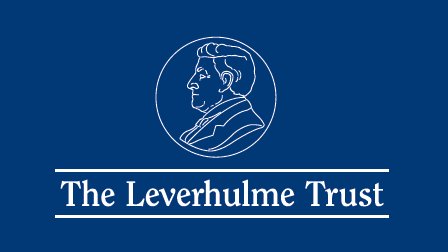
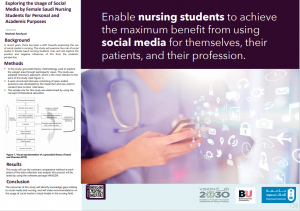
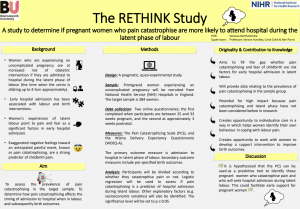
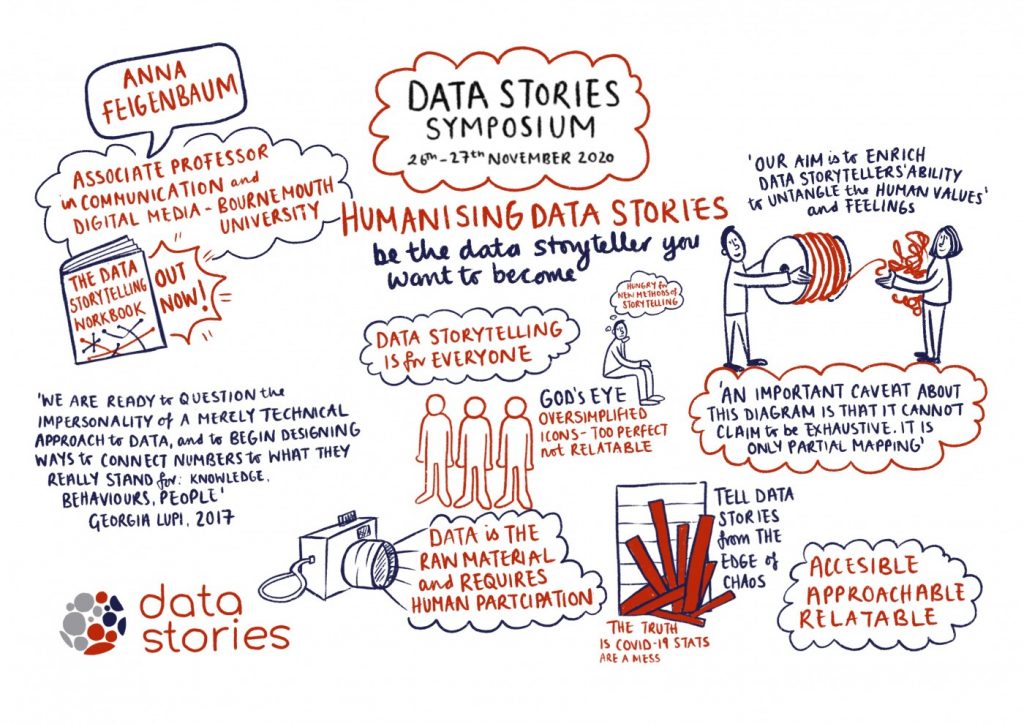


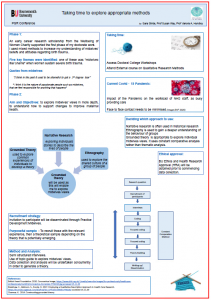
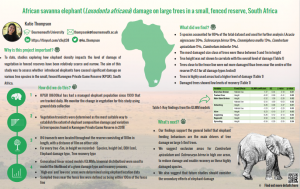
 This week sees the launch of
This week sees the launch of 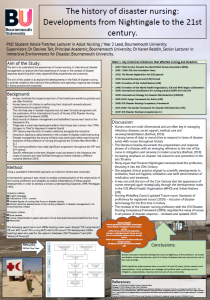
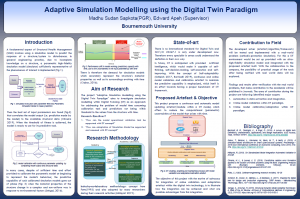
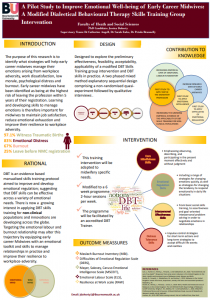
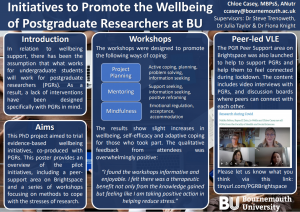
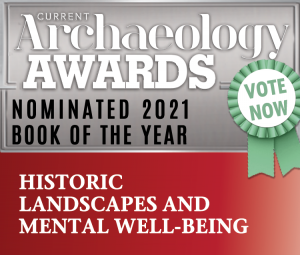
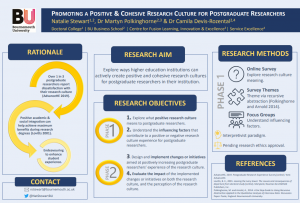
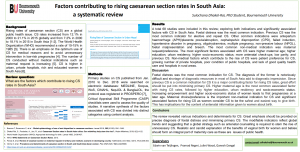
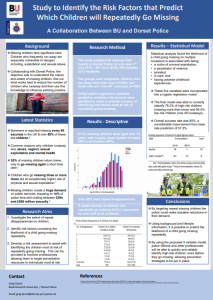
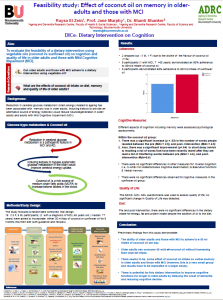











 New Bournemouth University public health paper
New Bournemouth University public health paper New ACORN-funded paper published. When time is short but passion for food is strong, food day-tripping may be the answer!
New ACORN-funded paper published. When time is short but passion for food is strong, food day-tripping may be the answer! Third INRC Symposium: Interdisciplinary Computational and Clinical Approaches at the Edge of Brain Research
Third INRC Symposium: Interdisciplinary Computational and Clinical Approaches at the Edge of Brain Research Royal Society of Chemistry Outreach Fund: Open for Applications
Royal Society of Chemistry Outreach Fund: Open for Applications Last reminder – MSCA Postdoctoral Fellowships 2024 internal deadline next week
Last reminder – MSCA Postdoctoral Fellowships 2024 internal deadline next week Horizon Europe – EuroHPC and MSCA PF webinars
Horizon Europe – EuroHPC and MSCA PF webinars